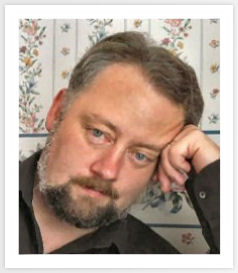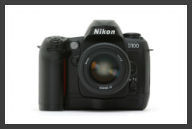My Philosophy
“You don’t take a photograph, you make it.” - Ansel Adams
Photography has gone through so many changes in my life time. My early experiences were shaped by staring at Minox cameras and reading of their use in World War II. Realizing that the hobby was beyond my reach, but not that of my two successive closest friends in Middle School and then High School, I observed and took careful shots with a Kodak Instamatic – experimenting with ideas and settings. I grew up when Life magazine ruled and National Geographic Explored, and I still have the 1967 Life Issues on the Six-Day War that were to inspired me to seek a degree in Photojournalism years later.
The idea of bringing truth back for people who had to vote on what you were witnessing, of being a neutral party in the midst of chaos, of being like the Watcher from the Marvel Universe was incredibly appealing and clearly naïve. But back in the late 60s and early 70s, most folks saw photos as truth even if they were not allowed in court, and we trusted them more than paintings, clearly not the truth. The irony is the before cameras, in a sense painting was truth.
Now, no one trusts a photo as we have learned that photos are made, are created just as paintings were. Even more ironic is that the ultra-realism in painting so in vogue today may be more honest than a photograph as we realize that all truth is tempered by perspective. We are moving along a path where visual truth becomes more elusive and more effective. Unchained by literality, the artist, the photographer is now able to say, “This is my truth as I have seen it, felt it and captured it” while the viewer can then access the truth that lies beyond the purely visual.
Now, no one trusts a photo as we have learned that photos are made, are created just as paintings were. Even more ironic is that the ultra-realism in painting so in vogue today may be more honest than a photograph as we realize that all truth is tempered by perspective. We are moving along a path where visual truth becomes more elusive and more effective. Unchained by literality, the artist, the photographer is now able to say, “This is my truth as I have seen it, felt it and captured it” while the viewer can then access the truth that lies beyond the purely visual.
A friend of mine was pining over the absence of wizardry decades before the big H showed up. I advised him to look at photography and one other profession because in many ways, a photographer is like a wizard with power over our perceptions, our self-image, and our emotions. While I admit that the magic in photography is metaphorical, I submit that capturing a side of someone that they never knew existed, creating a bedside artifact that helps us remember the lost ones that we knew, or practicing photographic therapy as refined by photographers like Rolando Gomez is perhaps somewhat akin to mind reading, time travel and healing.
I suppose that as a philosophy on photography, I have come to feel that photography is far more an art than a record taking technology, and put forth that even when you try to sterilize it, art keeps creeping in.

